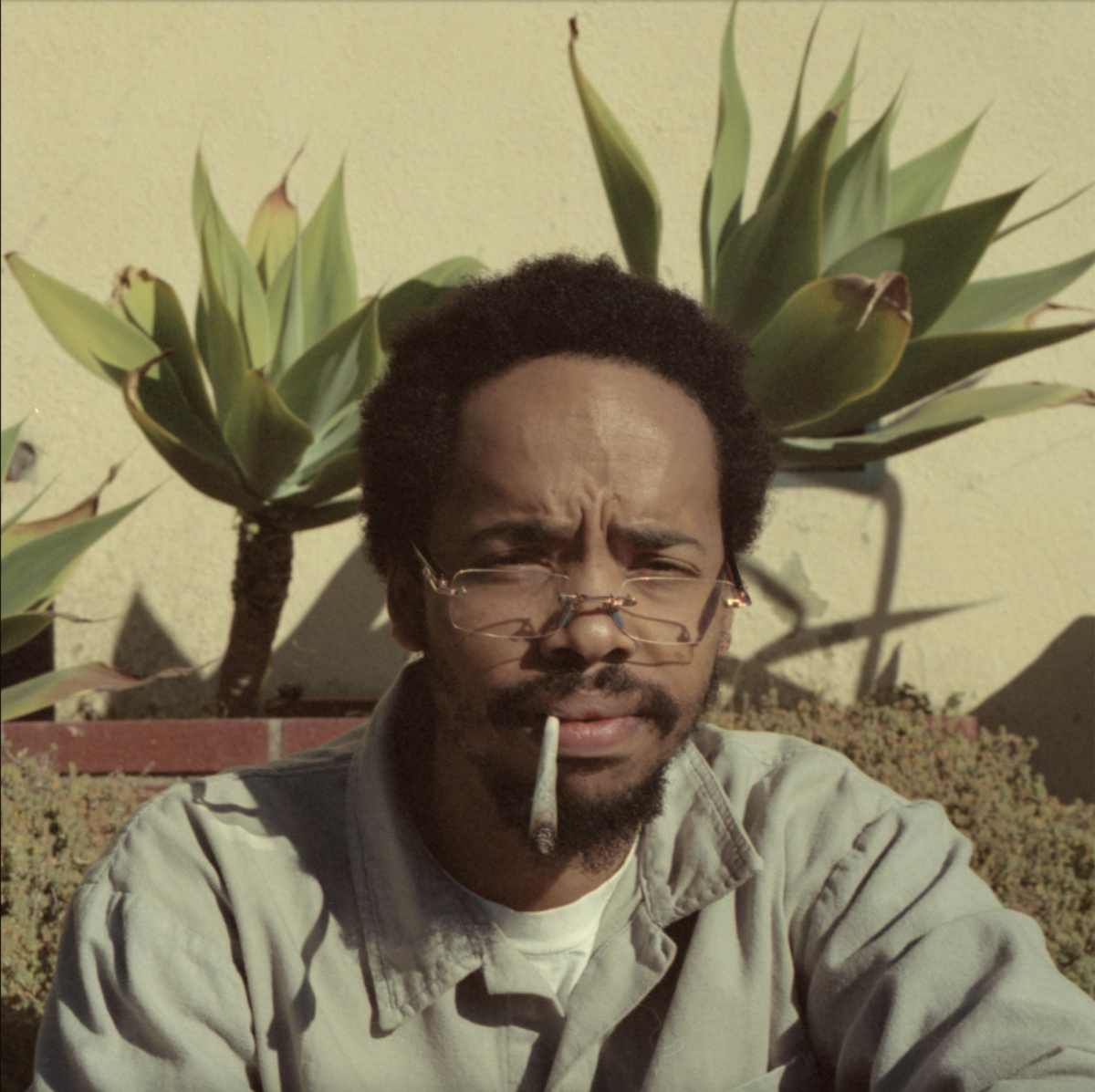When news broke about an explosion in Beirut, Lebanon on August 4, San Jose resident Robert Abousamra was immediately worried about his cousins who lived in the area.
“They weren’t answering,” Abousamra said. “Luckily they were out of town, but the apartment was destroyed. Everything collapsed.”
Abousamra along with other San Jose residents gathered Saturday at San Jose City Hall to honor the people who were injured or killed in the explosion.
The candlelight vigil was hosted by Black Liberation And Collective Knowledge (BLACK) Outreach San Jose, a Black activist community collective, and drew a crowd of about 40 people.
Lou Dimes, B.L.A.C.K. Outreach president, said he couldn’t imagine what it must be like for the people in Beirut dealing with the aftermath of the explosion in the middle of the coronavirus pandemic, while also fighting for their civil rights against the Lebanese government.
“The Lebanon of today will look very different than the Lebanon in the future . . . as Lebanese we understand that we are born with a banner of resistance in our hands,” San Jose resident Maya Ayoubi said. “The same banner our mothers and fathers once held.”
According to an August 10 BBC News article, the impact of the explosion in Lebanon led to thousands injured, a death toll of 220 and 110 people still missing.
The article added that identifying the missing people has been more difficult because many of them are foreign workers and lorry drivers.
According to a 2014 article by Fleetmon, which tracks maritime news, the Rhosus, a ship containing 2,750 tons of ammonium nitrate, arrived unexpectedly in Beirut’s port in 2013. The ship never left because of deficiencies found during inspection and because the crew didn’t receive their salaries. In 2015, the bags of ammonium nitrate were moved from the ship into the warehouse where it remained until the explosion.
Abousamra said the lack of government action over the ammonium nitrate for six years proves the Lebanese government only cares about profit. He added that Lebanese activists were continuously asking for the removal of ammonium nitrate in fear of its potential threat to the city.
“It makes me sad to see that this is happening to my people in Lebanon . . . They deserve much much better than what’s happening right now,” San Jose resident Elie Saliba said.
He said Lebanon has lived through many harsh times of war and the fight is not over yet.
“Yes, the Lebanon we knew is gone and our children will never know what it did for us. This is something I’ve seen in social media,” Maya Ayoubi said. “The question is, do we want our children to know the Lebanon we knew? Do we want them to know the war and corruption that we knew?”
San Jose resident Abid El-Miaari said Lebanon has a corrupt government, faulty infrastructures, lack of electricity, trash buildup and militia threats from outside of its borders.
“It was really hard for all of us to take in what happened in Beirut,” El-Miaari said. “But how can we thrive and how can we ever move forward when we have that constant threat?”
Ayoubi said Lebanon has a power-sharing government structure where each group is represented by an arm of the government. The political system mandates the president must be Christian, the prime minister must be a Sunni Muslim and the speaker of parliament must be a Shiite Muslim.
“I believe wholeheartedly that if we set our sectarianism aside, work to replace with an agreement more democratic and work together by improving ourselves, that our story will be one of those of a respect for diversity,” Ayoubi said.
She said Lebanon is buried in the rubble, but with financial support and a continuous stream of activism, Lebanon is a bed of flowers waiting to bloom.






































